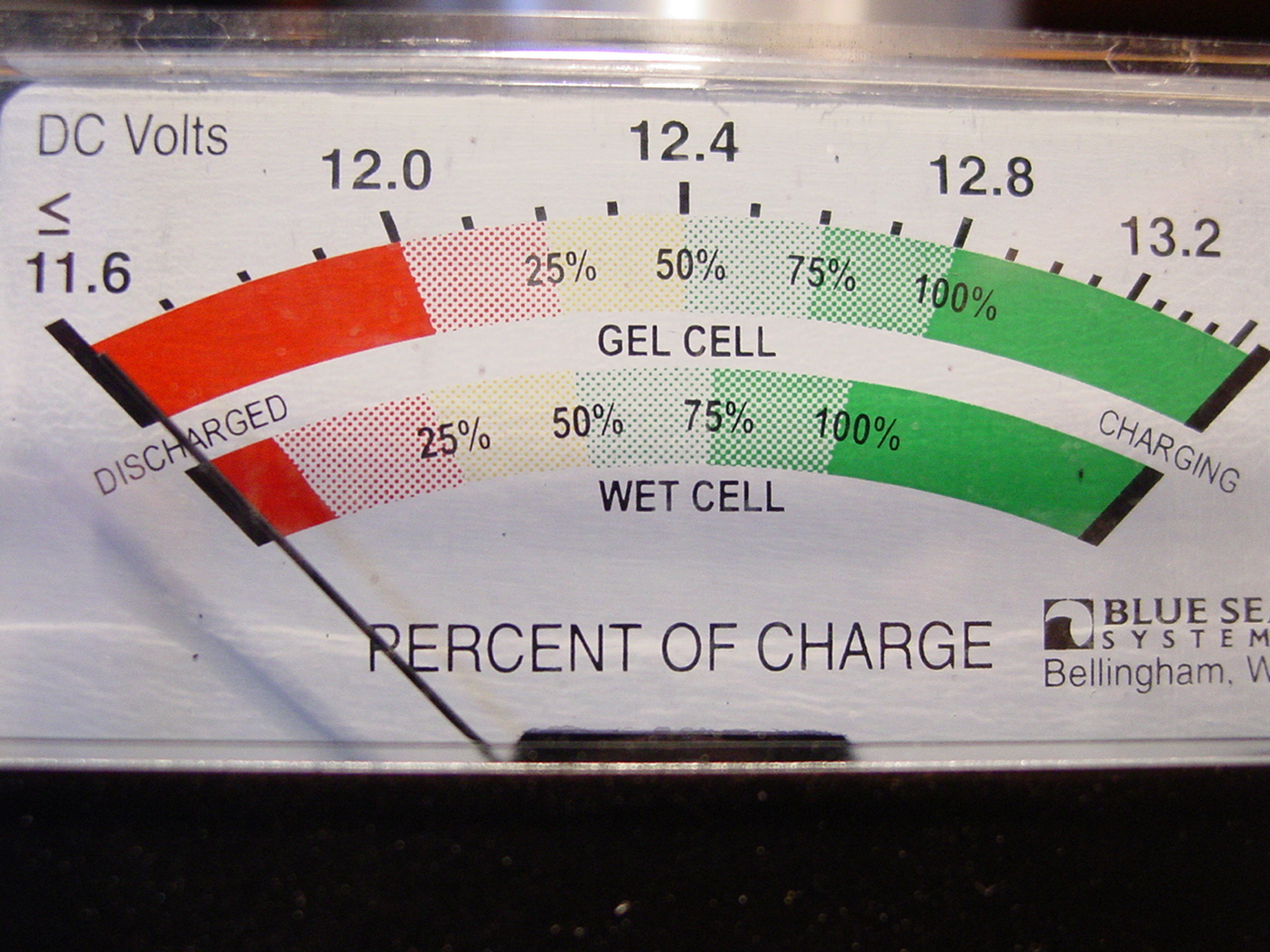I wrote this for another forum, but it might be handy for the group:
A fresh battery will have a resting voltage of around 12.7V. (measured at 65 degrees after sitting with no draw for 12 hours). The only way to measure this accurrately is with a digital voltmeter AT the battery terminals. Just switching on your car will skew the numbers as you're throwing a bunch of power draws into the equation which will lower the V. readout. When an alternator is running it will put out between 13.5 and 14.4 volts into the battery depending on the batteries state of charge. This voltage is regulated by (duh!) a regulator. A batteries ability to hold and accept this charge has nothing really to do with how much you're trying to stuff into it. A fully charged battery, that is well regulated will generally show an alternator supplied voltage of about 13.7 V depending on the voltage draw of the cars electrical systems. Voltages of higher than 14V into a fully charged battery may shorten the battery life if the amperage remains high, but it may also reflect the Running voltage needs of the car. Some tend to remain high no matter the battery state. My Corvette AND the 370Z seem to be in this category. A battery with a low charge will typically show 14V+ or so as the battery capacity is replenished by the alternator output. A totally bad battery may not accept a charge at all. A higher charge rate will show at the first start of the day as the battery recovers lost voltage from sitting and parasitic draws as well as needing to recover from a high load engine start. Batteries naturally age and over a period of time their ability to hold a charge and full voltage diminishes. At 4 years or so this usually drops to about 50% of the original capacity. A bad or shorted cell can also cause failure as all cells need to be fairly consistent...
Test a battery by either:
1)Taking a resting voltage reading
2)doing a load test
Test an alternator by:
1)measuring voltage while running. Anything over the batteries resting voltage means it's putting out. Voltages less than 13 or so means it's not putting out enough..Sometimes a bad or shorted battery will not accept any voltage even when the alternator is good.
